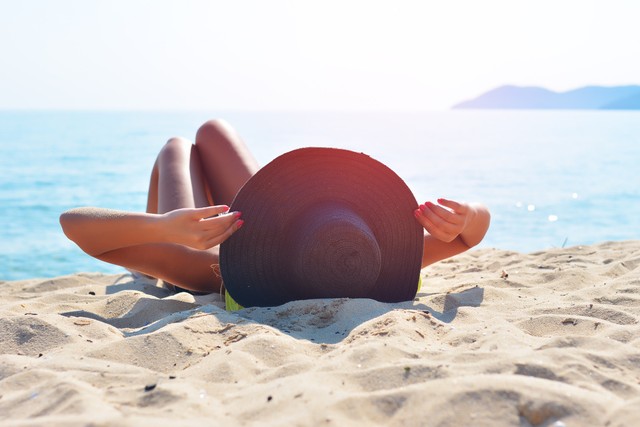How likely is it that you will get skin cancer from tanning?
There are many myths that surround the risk of skin cancer. We know that UV rays from the sun can significantly increase one’s chances of developing skin cancer in the future. However, many patients are uneducated in regards to the risks of indoor tanning beds. Is a tanning bed really safer than the sun? Will it help increase your body’s vitamin D to protect it? There are a lot of misconceptions regarding skin cancer and tanning beds that the team of Skin Center of South Miami wants to help clarify! Below are just a few answers to common questions that may surprise you!
- Tanning beds are safer than tanning in the sun. This is definitely not true! Tanning equipment requires warning labels by the FDA warning of the dramatic increase in cancer risks with tanning bed use, which can increase a patient’s risk of developing melanoma by 20% with just one session.
- Tanning can keep you looking young. While the natural signs of aging will occur with time, tanning can actually accelerate the skin’s aged appearance, speeding up the aging process and increasing the chances of age spots, skin laxity, wrinkles, and leathery skin with continued tanning bed use.
- A base tan can prevent sunburn. Even with a so-called “base tan,” patients can still burn if they are not protecting their skin every day with sunblock. Tanning and burning damages the DNA in the skin, which can cause cancerous cells to develop.
- Tanning beds provide vitamin D which is vital to those who are low. UVB light is needed for the body to make vitamin D, and UVA light is what is commonly used in tanning beds. It is safer for patients to boost vitamin D levels with supplements or guidance from their primary care physician.
It is never too late to protect your skin from the damage of tanning beds
Contact our practice by calling (305) 740-6181 to request an appointment with our team of providers located at 7800 SW 57th Avenue, Suite #110. Our south Miami, Florida area practice can help patients in achieving beautiful, healthy skin for life, and have a more proactive approach in protecting the skin against the UV rays that can increase cancer risks.
